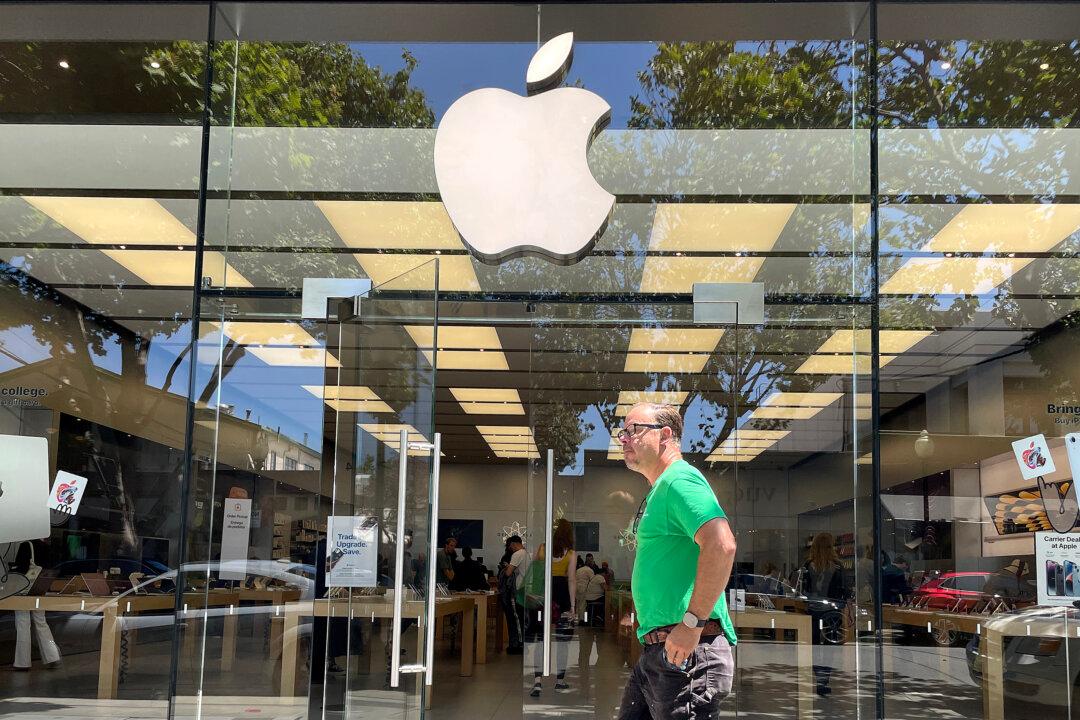The European Commission has imposed more than 1.8 billion euros (about $1.95 billion) in fines on Apple for engaging in “unfair trading” practices that harmed iOS users’ choices.
“The Commission’s investigation found that Apple bans music streaming app developers from fully informing iOS users about alternative and cheaper music subscription services available outside of the app and from providing any instructions about how to subscribe to such offers,” the European Commission said in a March 4 statement. Apple engaged in such “unfair trading conditions” for almost 10 years, causing customers to pay “significantly higher prices for music streaming subscriptions.”





